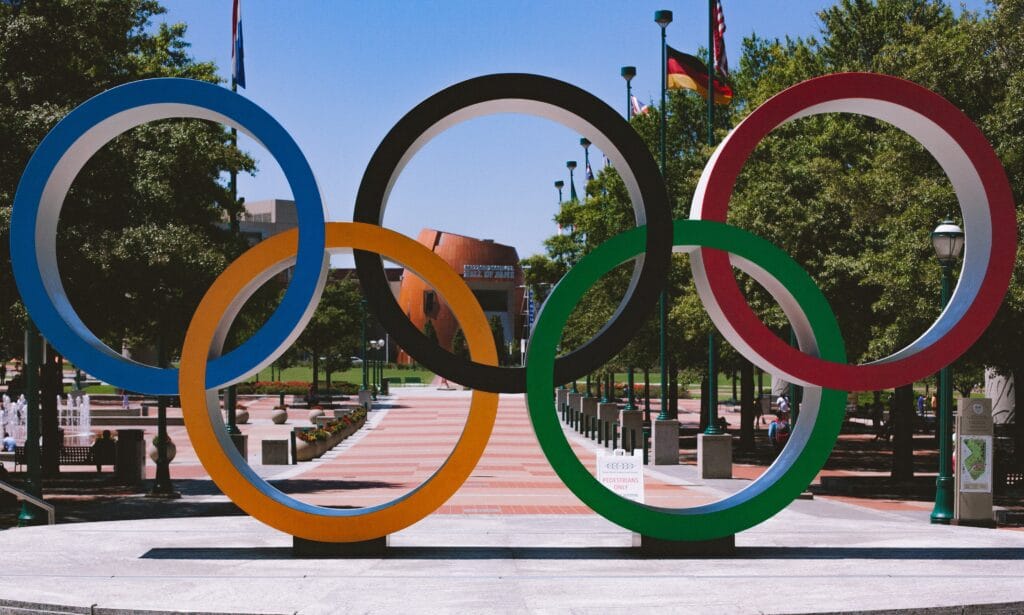The much publicised murder trial of Oscar Pistorius gives us the perfect opportunity to analyse what exactly a trial is, and specifically, the role of expert witnesses.
A trial, whether it’s criminal or civil, is all about establishing facts. Generally speaking, the Plaintiff/Prosecutor is trying to establish that certain things happened in order to discharge their onus of proof – famously for criminal trials this onus is beyond reasonable doubt. Both sides call witnesses and bring out the facts they want in evidence in chief and then the other side gets to cross examine them to test how good their evidence was. In between the lawyers sometimes argue about the law, but the main purpose of the trial is to get all of these facts out in the air and establish what happened. Afterwards, the trier of fact (which is either a judge/magistrate or jury) decides which evidence/witnesses they believe – ie, what facts they believe actually happened. Any appeals are generally (with some exceptions) limited to arguing about the law – not the facts. That is, once the trier of fact has made a decision, those facts are used in all of the appeals!
So let’s turn to the Pistorius trial. Looking at the witness list we can see a few distinct groups of witnesses for both sides. We have:
- Neighbours
- Friends/family
- … and experts!
Looking at the neighbours’ evidence, we saw that there was different evidence about spacing between shots, what was screamed during the ordeal, who was called afterwards, how security responded etc. The friends’/family’s evidence will be important to establishing whether or not Pistorius had an intent to kill, which is a fact that the prosecutor must establish. And of course, Oscar’s evidence will also concern all of these issues and more. What is important about all of these witnesses though is that they can only talk about what they actually saw/heard/experienced. That is, they cannot give their opinion. For instance, a family member could give evidence about fights that happened between the two (or romantic holidays!) but could not say ‘I think he was a psycopath’ – because that’s an opinion.
Experts however, are different. They are there solely to give the court their opinion about what happened. The doctor doing the post-mortem will give his opinion about the likely cause of death, ballistics experts will give their opinion about what angle the shots were fired from etc. Witnesses who aren’t experts can’t do this! By way of example, to establish that Oscar was a ‘psycopath’ (as above) a psychologist would be called to give evidence about what makes someone a pathological liar, and then give the Court their opinion as to whether or not he was. Remember, the family members can’t do this, they can only talk about actual events that happened.
Turning to some legislation, opinion evidence is found in Part 3.3 of the Evidence Act 1995 (NSW), a uniform evidence act State. Like most other rules in the Act, it works by creating a blanket rule that opinion evidence is inadmissible and then follows with a few exceptions. The blank rule is in section 76 which states that:
(1) Evidence of an opinion is not admissible to prove the existence of a fact about the existence of which the opinion was expressed.
Sections 77-79 then list several exceptions, but importantly for experts, section 79 states:
(1) If a person has specialised knowledge based on the person’s training, study or experience, the opinion rule does not apply to evidence of an opinion of that person that is wholly or substantially based on that knowledge.
Whilst there are many issues surrounding s 79, this section is why experts are so valuable to a trial. It is how lawyers can go about establishing facts without any ‘actual’ evidence. For example, what position Steenkamp was in can’t actually be known (there’s no video of the shooting!) but by weighing the evidence of blood spatter analysts, the trier of fact will be able to deduce where she was – hopefully quite accurately. The same goes for whether Oscar was wearing his stumps when he fired the gun and many other facts that each party will be trying to establish with experts.
Of course, being able to express your opinion in court is a privilege that other witnesses don’t have. It goes without saying that just as a lay witness shouldn’t lie about where someone was to give them an alibi, experts should not twist their opinion to benefit the parties, or anything similar.
In the Pistorius trial the prosecution has finished calling its witnesses, and now it’s the defence’s turn. We will no doubt see competing testimony, particularly in expert opinion. Who the judge believes is a matter of the advocate’s skill, and of course the expertise and court-room experience of the witnesses – if only ExpertsDirect was operating in South Africa to ensure their quality!
This article was prepared in conjunction with Truman Biro.
